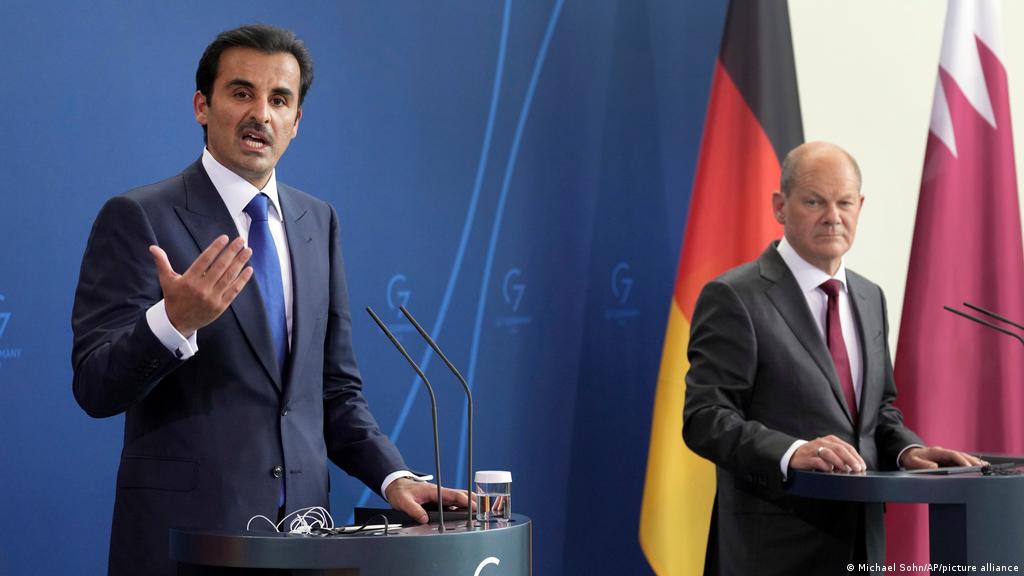Energy Security: Qatar and Germany’s Gas Deal

In order to supply Germany with liquefied natural gas as the Europe attempts to find alternatives to Russian energy sources, Qatar announced the signing of its first major LNG agreement on November 29, 2022. The energy minister for Qatar, Saad Sherida al-Kaabi, announced that up to two million tonnes of gas would be transported yearly beginning in 2026 for a minimum of 15 years. The state-run QatarEnergy was looking for other possible deals for the largest economy in Europe. He added, Qatar will sell the gas to ConocoPhillips of the United States, who will subsequently transport it to the LNG facility in Brunsbuttel. To unload liquid gas, Germany is constructing four temporary emergency floating LNG facilities. Permanent terminal work that was about to begin but was delayed by planning is finally moving forward, increasing Germany’s capacity to diversify its energy supplies away from Russian pipelines. Additionally, according to the QatarEnergy CEO, there are not enough negotiators to meet the demand for natural gas from so many countries in Europe and Asia. The new deal’s negotiations dragged on for several months because Germany resisted signing the lengthy contracts that Qatar typically requires to support its large investment in the sector.

German Chancellor, Olaf Scholz welcomed a new agreement for liquefied natural gas (LNG) from Qatar as a “building block” towards that country’s energy security and as evidence that Berlin had access to gas supplies from various nations. For a number of reasons, Germany has remained critical of Qatar but the country has made the agreement to fulfill the country’s needs, as said by the economics minister and Green party member Robert Habeck “Germany must obtain its energy from a variety of sources in order to disassociate itself off of Russian gas supplies.” Habeck travelled to Doha in March, but disagreements about the contract’s duration prevented an agreement from being reached. One of the biggest LNG exporters in the world is Qatar, after Russia and Iran, the emirate possesses the third-largest gas reserves in the world. The deal between Qatar and Germany has the potential to prove as a building block in Germany’s energy security as this will help to avoid energy shortages in coming winters and ensure energy security that was threatened and has pressurized the German government to find new sources of energy as a result of Russia’s invasion in Ukraine.